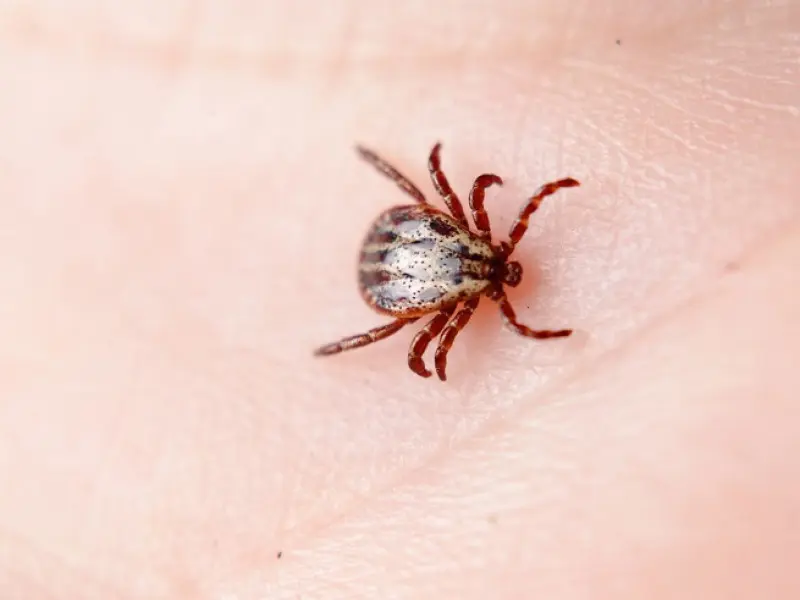
Ticks aren’t just an annoyance. Lyme disease is on the rise, and warmer weather only increases the risk. Learn about ticks and how you can protect yourself.
Ticks Are Not Insects
Despite the popular misconception, ticks aren’t insects. Ticks are actually arachnids, which makes them more closely related to spiders and scorpions than beetles. Much like spiders, they have 8 legs, no antennae, and they don’t fly or jump. Instead, they tend to sit on foliage and wait for a human, deer, or other animal to walk close enough for them to latch on.
Not All Ticks Spread Disease
Across the globe, scientists have identified literally thousands of different tick species, and only a few of them are known to spread disease. It’s a rarity, but it’s still dangerous. Ticks can be a hazard to campers, hikers, and any outdoor enthusiasts that happen to be unlucky enough to become host. The deer tick is well-known across the Midwest and Northeast for spreading Lyme disease. The Rocky Mountain wood tick resides in the mountains, but the American dog tick and brown dog tick can both be found throughout the United States. All three of them are known to spread Rocky Mountain spotted fever, which is a potentially deadly illness.
Infection Takes Time
The good news is that contracting a disease isn’t instantaneous. According to the CDC, your chances of contracting Lyme disease are quite low if you can remove the tick within 24 hours. In fact, it usually takes around 36 to 48 hours for the bacteria that causes Lyme disease to actually infect someone. The exception to this rule is a disease known as anaplasmosis. It can be transmitted within 8 hours.
Days Not Minutes
Unlike mosquitoes, ticks don’t just bite and feed for a few minutes and then leave. Ticks can stay attached to a host for several days and continue feeding. During those 2 or 3 days, it can be surprisingly difficult to notice the tick. Ticks are small, and their saliva numbs the skin. That makes them hard to spot, and you’re probably not even going to feel it. That’s why it’s so important to check yourself and have someone else examine you after hiking or camping. Ticks aren’t always going to be in obvious or easy to see locations.
Multiple Diseases Are Possible
A deer tick can spread as many as three diseases at once. Humans aren’t the primary food source for ticks. As a tick spreads from deer, to mice, birds, and rabbits, they can both spread pathogens and acquire disease-causing bacteria. Those bacteria and pathogens can then be spread to future hosts, including humans. It’s possible for a deer tick to transmit Lyme disease, anaplasmosis, and babesiosis all with a single bite.
Check and Protect
Don’t underestimate the benefit of a home-inspection service in Atlanta, GA. For information, please give us a call at (770) 483-2420. Ticks and other pests can be quite dangerous. Always check yourself, your partner, and have a partner examine you for ticks after being outdoors. You should inspect any pets as well. Early detection and removal are both key to preserving your health.
Things You Don’t Know about Ticks Pest Control in Atlanta, GA
Serving Lawrenceville, GA
Cobb County | Gwinnett County Marietta | Austell | Smyrna | Acworth | Douglasville | Powder Springs | Stockbridge | McDonough | Conyers
Greensboro | Athens | Jonesboro | Norcross | Stone Mountain | Decatur | Kennesaw | Fayetteville | Monroe | Loganville
Home » Things You Don’t Know about Ticks
